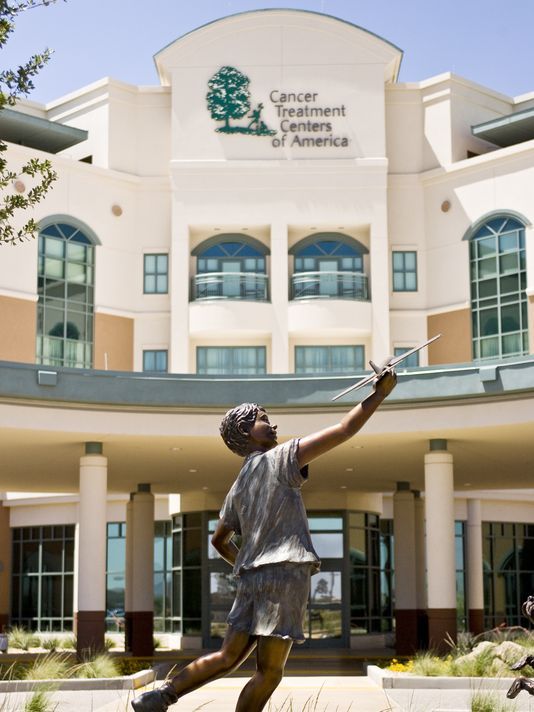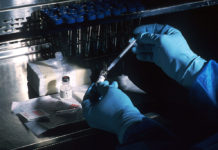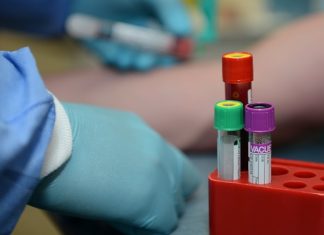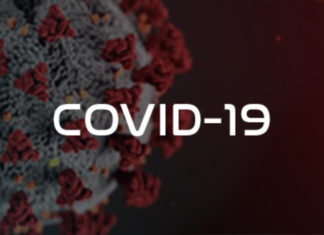In a recent news release published on Medscape, Dr. Maurie Markman reminded readers that the U.S. Food and Drug Administration does not recommend using morcellators for uterine fibroids. Dr. Markman is associated with the Philadelphia branch of Cancer Treatment Centers of America. The FDA’s recommendation is based on the risk of potentially spreading sarcoma tissue to healthy tissue during the procedure.
READ MORE: Science Discovers A New Treatment For Pneumonia
FDA Warning About Morcellators For Uterine Fibroids
According to Dr. Markman, the FDA recently updated its laparoscopic power morcellator assessment in relation to uterine fibroids. He noted that the use of these devices has been surrounded by controversy recently, and the arguments have garnered a considerable amount of attention by medical experts. The FDA’s latest assessment update was issued at the end of 2017. In previous findings, the FDA said that there was a possible risk of uterine sarcoma in fibroids, and their latest assessment affirmed that original statement. The research showed that about one out of every 225 to 580 women who had surgery for suspected fibroids faced a risk of uterine sarcoma. When calculations focused only on leiomyosarcoma, the risk was smaller. However, the FDA also noted that other experts and authorities had reached their own conclusions of sarcoma risk in uterine fibroids and considered it significantly smaller in comparison with the FDA’s findings.
To form their newest assessment and risk level numbers, the FDA used multiple papers and literary pieces. Since the organization reported these findings, it reiterated that it would continue its discouragement of using laparoscopic power morcellators for hysterectomy and myomectomy surgical procedures to treat suspected fibroids. As Dr. Markman said, some individuals still choose to have this procedure performed after being informed about the FDA warning and its suggested risk factors. It may legally still be performed under the recommendation of a surgeon, and women who have surgery with a laparoscopic morcellator must provide the proper consent to show that they were informed of the risks beforehand. In the comments regarding the assessment, the FDA urged patients and doctors to approach the procedure with great caution.
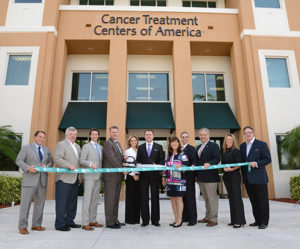
Researching Safer Methods
Dr. Markman mentioned that current research focuses on finding safer morcellation techniques to reduce the risk of spreading sarcoma tissue. However, research is in the early stages and has not produced any promising breakthroughs yet. Dr. Markman said that surgeons and patients alike should remain cautious for now. The latest FDA review is of significance to general physicians, gynecologists, obstetricians, and oncologists. Dr. Markman said that many women are considered for fibroid surgery each year, and he encouraged physicians to invest plenty of thought into their recommendations for this specific type of surgery since the FDA warning stands. He also encouraged all surgeons and physicians who are interested in the topic to read the FDA assessment about laparoscopic power morcellators for themselves. CTCA in Boca Raton wanted to share his valuable advice with American women who may have fibroids and have been told that they are candidates for surgery.
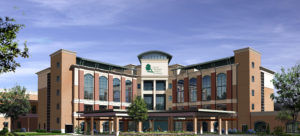
CTCA: Making A Difference One Patient At A Time
Cancer Treatment Centers of America’s corporate headquarters in Boca Raton is committed to upholding the CTCA commitment of helping each patient win the fight against cancer. CTCA has a personalized approach to cancer treatment that embraces new and established treatments and technologies. With access to cutting-edge equipment in its facilities, CTCA is able to deliver innovative treatment methods for many types of advanced cancers. In addition to treating patients through targeted and personalized therapies, CTCA believes in treating the mind and spirit. A holistic approach that encompasses a person’s spiritual and psychological needs throughout the battle has been helpful to many survivors. In addition to the Boca Raton headquarters, there are other CTCA locations across the country. CTCA welcomes cancer survivors, new patients, and family members to follow its page on Facebook to learn more about cancer treatments and to read uplifting real-life stories from other cancer survivors.
For some patients, the reaction to a #cancer diagnosis may seem like post-traumatic stress disorder. But is it really #PTSD? https://t.co/Vty8CTg6J1 pic.twitter.com/rDVaN1KaDT
— CTCA (@CancerCenter) February 7, 2018
CTCA was founded by Richard J. Stephenson in 1988. He started CTCA after his mother died from cancer. Richard and his family looked for the most innovative treatments available at that time, and they were saddened to find that even the best hospitals were not fully committed to comprehensive and personalized cancer care. After going through that chapter of life, Richard decided to honor his mother by changing cancer treatment forever by bringing oncologists, general physicians, surgeons, psychiatrists and many other specialists together to make a powerful team for each cancer patient. His whole-person approach was so popular that CTCA opened a second facility just two years later in 1990, and additional facilities appeared across the United States throughout the 1990s. By 2012, CTCA had grown into a network of five large hospitals with an additional outpatient clinic in Chicago. The main hospitals are in Chicago, Atlanta, Philadelphia, Tulsa, and Phoenix.
See more on Cancer Treatment Centers of America, here.


